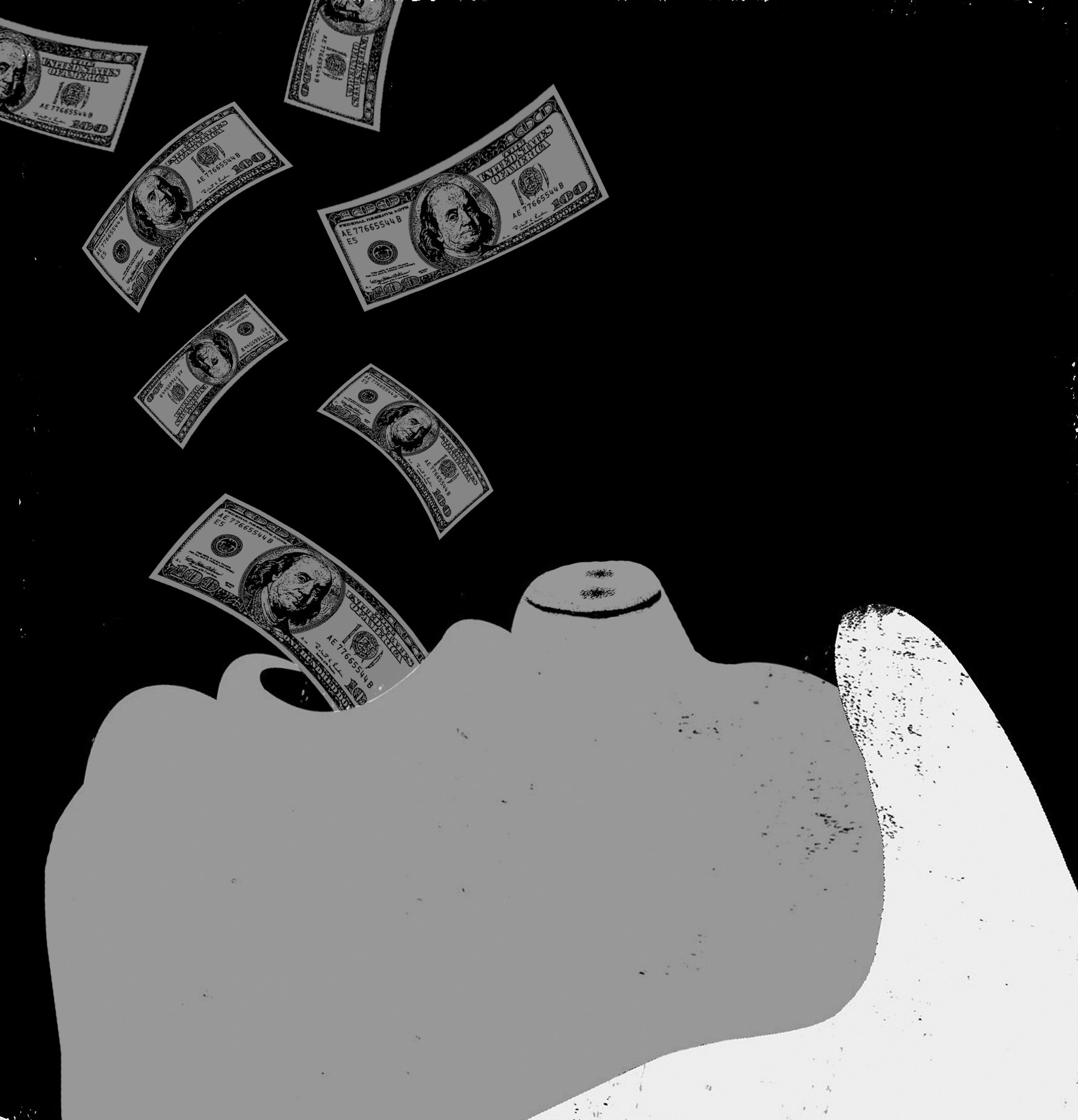Millions of voters believe putting Donald Trump in the White House will lift them out of the economic hell they have endured for decades, working more and getting nowhere except deeper in debt. They could not be more wrong.
Their concerns are real. The latest income tax data show that in 2014 the average income reported by the bottom 90 percent was just $328 higher than in 1967. That’s an increase of 1 percent more than inflation after 47 years, not that anyone would notice such a trifling change.
But Trump’s own words show that he thinks the working-class Americans who have invested their hopes and perhaps votes in him earn too much. Looked at as a whole, his shifting and always-vague economic proposals spell disaster for all Americans, but especially the vast majority of America’s roughly 155 million workers.
Trump’s plans to start a trade war with China and Mexico would destroy many American jobs by reducing exports, while helping China expand its power through the Pacific Rim. Moody’s, the economic research firm, estimates Trump’s policies would cause recessions in those countries and in America, where four million workers would lose their jobs because of reduced trade. There could be a loss of three million new U.S. jobs that otherwise would have been created.
Trump’s immigration policy also has economic consequences; he would spend hundreds of billions of tax dollars rounding up “illegals,” disrupting businesses that rely on immigrants for such jobs as meat-packing and harvesting crops.
And Trump’s tax proposals, which shift like desert sands in a windstorm, would lavish vast new tax breaks on people like himself, including unlimited tax breaks for child-care, which works great for families with multiple nannies who fly rich tykes around first class—or in private jets like Trump’s personal Boeing 757. But for two-earner couples it won’t do much. That’s because Trump has talked of a tax deduction, which favors high-income Americans (though he sometimes refers to a tax credit, which would provide relief on a dollar-for-dollar basis for every parent who qualifies).
Trump’s other policies shift, too. He announced last year that individuals would not be taxed unless they earned $25,000, double that for married couples. Then the conservative Tax Foundation said his plan would add $10 trillion to the federal debt and perhaps much more. So Trump cut those tax-exempt income levels by 40 percent, to $15,000 for singles, $30,000 for married couples.
Trump’s tax proposals would lavish vast new tax breaks on people like himself
Oh, by the way, that tax deduction or credit or whatever he is saying today or tomorrow would go only to married couples. Living in sin is a disqualifier for that Trump tax break, which is odd for a man who in sworn testimony in his 1990 divorce from Ivana, his first wife, refused 98 times to answer questions about mistresses.
But let’s look at what matters to most Americans—their paychecks. The bottom 90 percent depend on pay for their labor, paid as cash wages today or retirement benefits in old age, for almost all their income. Yet Trump thinks American wages are too high. He said it again and again, until Bernie Sanders went after him for it and Trump did what he always does in such situations—he muddied the waters with confusing statements and flip flops.
Last November, on the Tuesday-night presidential debate sponsored by the Fox Business channel, Trump said, “Taxes too high, wages too high, we’re not going to be able to compete against the world.”
The following day on MSNBC’s Morning Joe, host Mika Brezinski asked how anyone can get by on the federal minimum wage. Trump responded with a trope that didn’t answer the question and defined the distance between him and working-class Americans. “Our taxes are too high. Our wages are too high. We have to compete with other countries.”
One day later, on Wednesday, Trump tried to walk it back on the Fox News channel with Bret Baier.
“I didn’t say that, Bret, we were talking about the minimum wage, and they said ‘should we increase the minimum wage?’ And I’m saying that if we’re going to compete with other countries we can’t do that because the wages would be too high . . . I was referring to the minimum wage.”
And then on December 28 Trump Tweeted “Wages in are [sic] country are too low.”
So which is it? Too high? Too low?
What we do know is that Trump has a long history, well documented in court records, of not paying people what they earned. In 1988, Judge Charles F. Stewart of Federal District Court in Manhattan ruled after a trial that Trump cheated more than 150 undocumented immigrants who were hired to demolish the old Bonwit Teller department store to make way for Trump Tower in Manhattan. Their pay was just $4 an hour. After an 18-year struggle Trump settled for an undisclosed sum and had the case sealed.
If he really had even a single billion, he wouldn’t be hawking Trump neckties made in China
There are more than 4,000 suits to which Trump is a party, many filed by workers and small-business owners who claimed they did not get paid. In one suit, a defense witness for Trump explained under oath why a Benjamin Moore paint dealer was not paid the final $34,000 due on a contract: “Mr. Trump feels he has paid enough.”
Some workers inclined to vote for Trump may believe that he likes unions. He does—provided they are mobbed up. That’s why he built Trump Tower, Trump Plaza, apartments and other buildings, not with steel girder frames but with concrete. The unions vital to concrete construction were under the thumb of the Mafia in New York and Atlantic City.
Potential voters who think Trump is a hugely successful business owner, who can apply his skills to making the government a friend of business and thus improve the economy, will be in for another shock.
Trump is probably not as rich as he claims to be. If he really had $10 billion, or even a single billion, he would be able to pay his bills when they come due and wouldn’t be hawking Trump neckties made in China, Trump furniture made in Turkey, and “Make America Great Again” caps made in Bangladesh. I have interviewed many people who did work for Trump, or sold him goods, which he described as “crap,” and then used it anyway, after refusing to pay what he had agreed to. Few sued because, unlike the determined Benjamin Moore paint dealer, they couldn’t finance $300,000 in litigation costs in hope of recovering a tenth that much.
Equally alarming and important about Trump and economics is not just that when under oath he cannot accurately answer basic questions about finance. It is what he did explain.
Trump testified in 2007 that he determines his net worth in an unusual way. Instead of adding up assets and deducting obligations, his net worth is determined by how he feels at the moment. That helps explain why within days of announcing his latest run for the White House in June 2015, he gave his net worth as $8.7 billion, $10 billion, more than $10 billion, and in one case $11 billion
Writing this piece has made me feel wealthier, so I’ll close by saying that I feel like I’m worth $3 billion today—and without my income tax returns you have no way of proving otherwise.
David Cay Johnston is a Pulitzer Prize-winning investigative reporter. His latest book is The Making of Donald Trump.







0 Comments
Trackbacks/Pingbacks